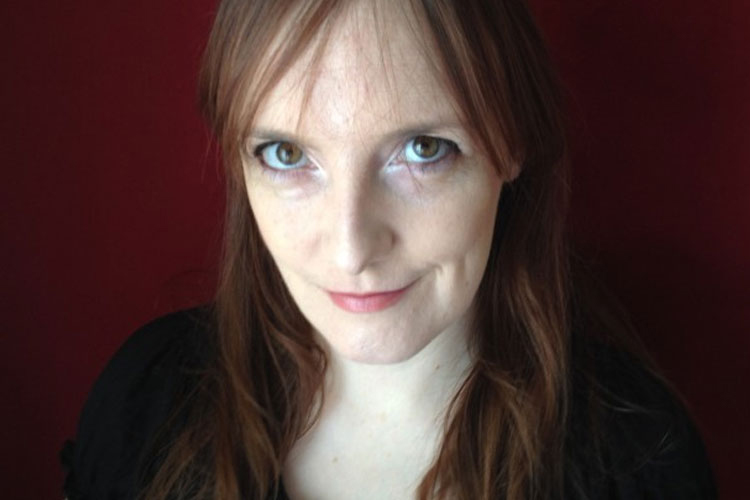From the Women’s Prize Archives.
With the 2016 Baileys Women’s Prize for Fiction shortlist only a couple of days away, we caught up with Lisa McInerney, longlisted for The Glorious Heresies. Read on to find out how Lisa’s blog laid the foundations for her debut, why she chose to write about Ireland’s criminal underbelly and what she’s working on next.
How did your blog Arse End of Ireland inspire your debut?
Less ‘inspire’, more ‘intentionally lay foundations’. I started the blog – which is long-deleted now, I should point out – to hone my writing, to get feedback, to excavate some creative space. The plan was always to write novels; the blog was largely an infiltration exercise. I wrote about working-class life because I’m working-class – in that sense, The Glorious Heresies was always going to be analogous.
There seems to be a surge in young female Irish writing talent right now (three of this year’s Baileys Women’s Prize for Fiction longlistees are Irish) – why do you think this is?
Serendipitous timing, I think! There’s currently a healthy number of outlets for new writing in Ireland – superb literary journals and indie publishers. That level of opportunity leads to confidence, a sense that those who write will find those who read. We’re good at telling stories for rapt consumption anyway, it’s just that right now we have a momentum to match. It feels like there’s permission to write, which might seem silly – why would a writer need permission? – but I think young writers always need a sense of conviction, validation, broad encouragement.
The Glorious Heresies is wonderfully gritty and frequently violent – did you do any particular research to enable you to write so convincingly about Ireland’s criminal underworld?
It might sound ugly, but I drew from my own experiences and the experiences of people I know. The notion that the ‘underworld’ is far removed from ordinary human life is optimistic, if not naive. Anyone can make a series of stupid mistakes and end up in the mire, but naturally there are fewer resources available to get yourself out of that mire again if your background isn’t privileged or stable or supportive. There are plenty of people I admire or love who have sabotaged themselves by getting knotted into mistake after mistake – spending time in prison or in rehab or in penury. If that’s an ‘underworld’ then I’m dangerously close to the ground.
Which authors most inspire your work?
As a teenager, when I was finding my voice, I read Melvin Burgess and was just flung into a world of possibilities. Junk in particular jolted me, in the best possible creative sense. And as an adult I get the same kind of current from Hubert Selby Jr’s work. I’m inspired by Flannery O’Connor, Lorrie Moore and Elena Ferrante, all for different reasons. But I’m indebted to Selby.
Can you tell us what you’re working on now?
The latest draft of Novel 2 – which I think has a title, albeit not one I’m one hundred percent on – is with my editor. It’s kind of a sequel to Heresies, but I’ve focused on one protagonist this time: Ryan, my head-in-the-clouds, feet-in-the-swamp apprentice drug dealer. He does cross paths with most of the other characters from Heresies, but this time we see things unfold purely from his perspective. And already I’ve got the itch to start drafting Novel 3 – an enthusiastic and kind of terrifying state!








